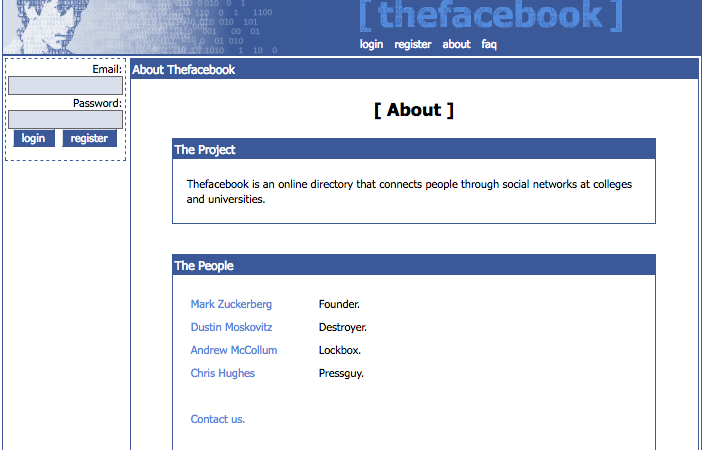{Podcast} Is Social Media Broken?
A Futurist Explores Why Reformation, Not Removal, is the Answer
The recent stoush between the Australian government and social media giants over the removal of crime-related videos ignited a fascinating question: could we, or should we, pull the plug on the internet altogether?
As a business futurist I’m here to tell you: the answer is both yes and no, and it’s far more intricate than a simple on/off switch.
Just 12 years ago, social media was dismissed by many as a fad by nearly all my clients and audiences.
Fast forward to today, and over 4.6 billion people – nearly half the world’s population – use social media daily.
It’s become woven into the fabric of our lives, a communication revolution with immense power for connection, information sharing, and even social movements.
But with great power comes great responsibility, and social media is no exception.
The very platforms that connect us can also breed negativity, echo chambers, and the rampant spread of misinformation.
So, is a social media cleanse – a complete internet shutdown – the answer?
Absolutely not. Remember, the human desire for connection is timeless.
From the town crier to the printing press, every communication medium has faced similar challenges.
The answer lies not in abandoning the internet altogether, but in shifting the power dynamic.
Here’s how we can navigate this digital landscape:
-
From Accountability to Empowerment: Social media platforms need to be held responsible for content moderation and tackling misinformation. This means stricter verification processes and effective tools for users to report harmful content.
-
Critical Engagement is Key: We, the users, must become more critically engaged. Fact-checking information, challenging algorithmic biases, and reporting negativity are crucial steps towards a healthier online environment.
-
The Rise of Decentralisation: Imagine a future with niche, purpose-driven platforms. Instead of monolithic social media giants, we might have dedicated spaces for professionals on LinkedIn or artists on a specialised platform.
-
AI for Good: AI-powered content moderation can become more effective at identifying and flagging harmful content. Empowering users with tools to customise their feeds and prioritise positive content is another step forward.
The future of social media isn’t about a cleanse. It’s about digital empowerment.
It’s about creating a balanced communication ecosystem where users are in control, platforms are accountable, and technology fosters responsible online behaviour.
Social media is already evolving.
Remember the early days of Facebook, Twitter, and LinkedIn? They’re unrecognisable compared to today.
This trend will continue. The future holds the potential for personalised learning experiences that promote responsible social media use and critical thinking skills.
Imagine platforms that reward positive interaction and prioritise genuine connections.
The internet isn’t going anywhere.
But the way we interact with it will. By harnessing its power for good and fostering a culture of responsible online citizenship, we can ensure that social media becomes a force for positive social change, not a detriment.
The conversation doesn’t end here. Let’s keep the dialogue going.
Share your thoughts and ideas in the comments below.
Together, we can shape the future of social media to be a more positive and empowering experience for all.
For more insights on the future of social media listen live to Triple M Breakfast radio host Atlas Cook and I chat about it in this week’s on-air catch-up.:(5 minutes 06 seconds)


